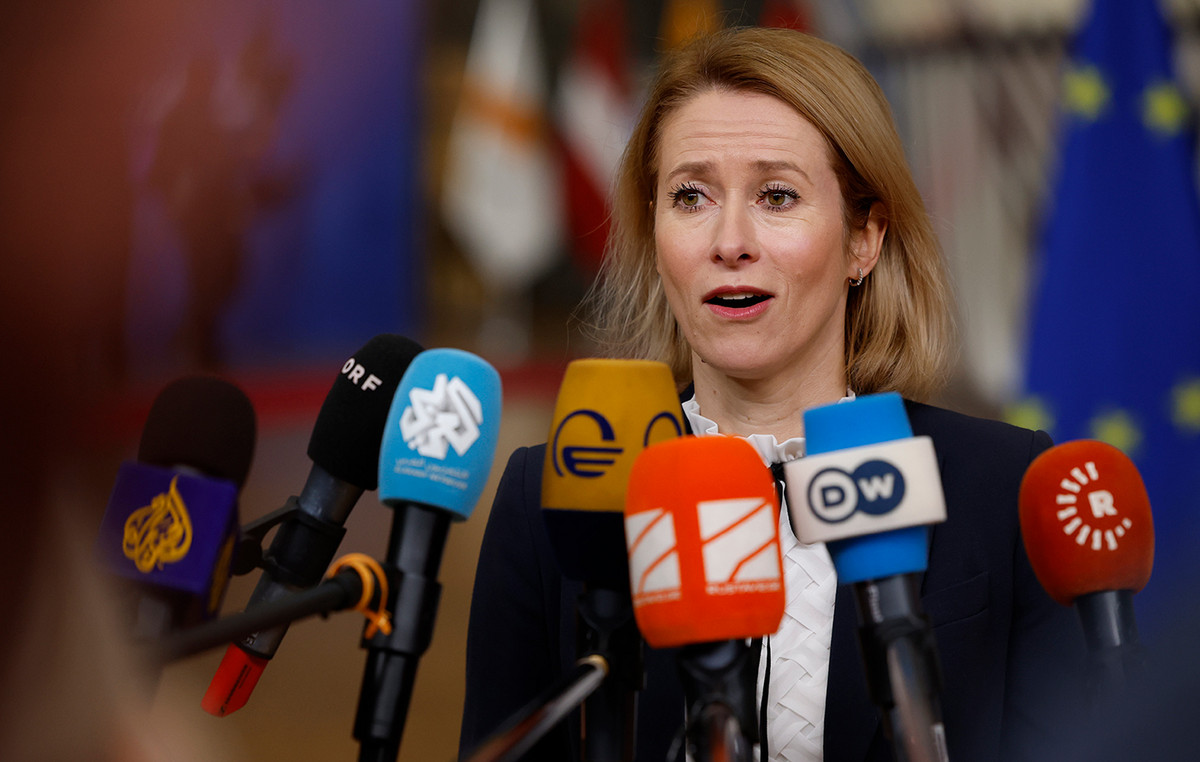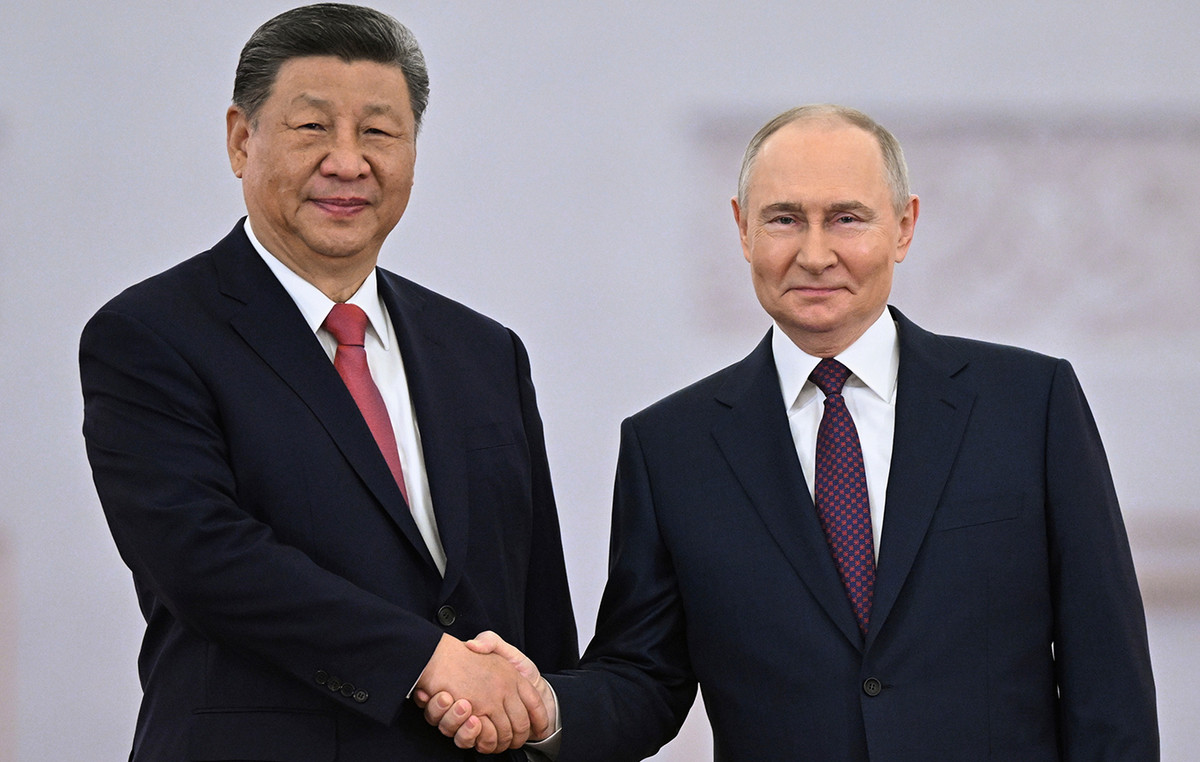BIS specialists studied the regulation of stablecoins in 11 jurisdictions. And they stated: states use their own very different strategies for supervising tokens, for example, the UK, Singapore and Japan. We are talking about the conditions for storing tokens, registering issuers, risk management and anti-money laundering (AML) rules. For example, in Britain, reserves for crypto assets must be held in a trust established under a special law.
In some countries, stablecoins are completely outlawed.
BIS called on global regulators to carefully analyze how exactly stablecoins interact with other assets, including digital currencies of local central banks and tokenized funds. This will allow us to better understand the impact of the asset on the global financial market, BIS is confident.
“The heterogeneity of regulation can become a serious obstacle to the introduction of stablecoins into the global monetary system,” concluded experts from the Bank for International Settlements.
Last year, the BIS said stablecoins were too often decoupled from fiat currencies to be considered a reliable way to store money. A few years ago, the BIS argued that stablecoins and central bank digital currencies would not be able to solve financial problems.
Source: Bits
I am an experienced journalist, writer, and editor with a passion for finance and business news. I have been working in the journalism field for over 6 years, covering a variety of topics from finance to technology. As an author at World Stock Market, I specialize in finance business-related topics.







